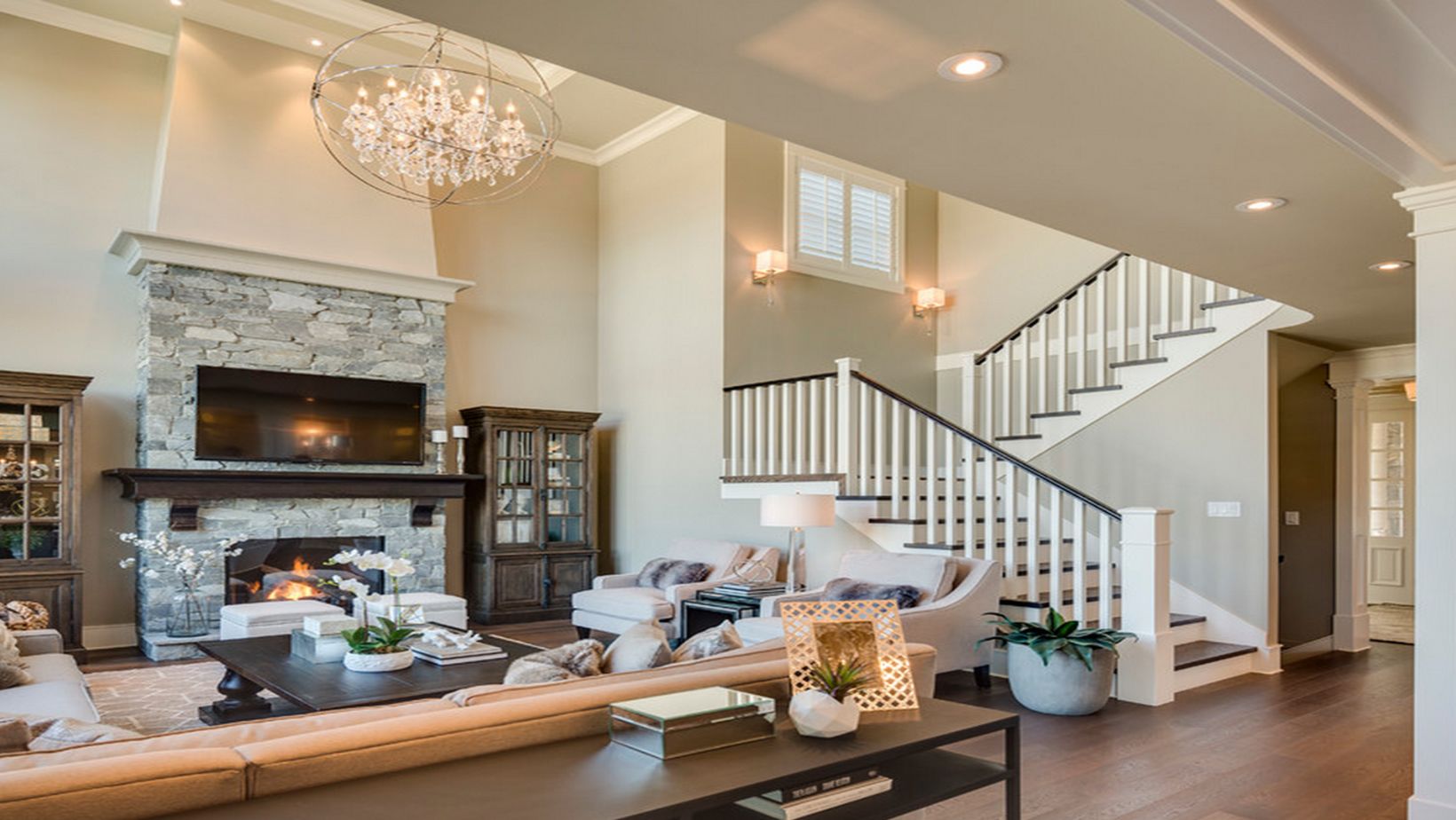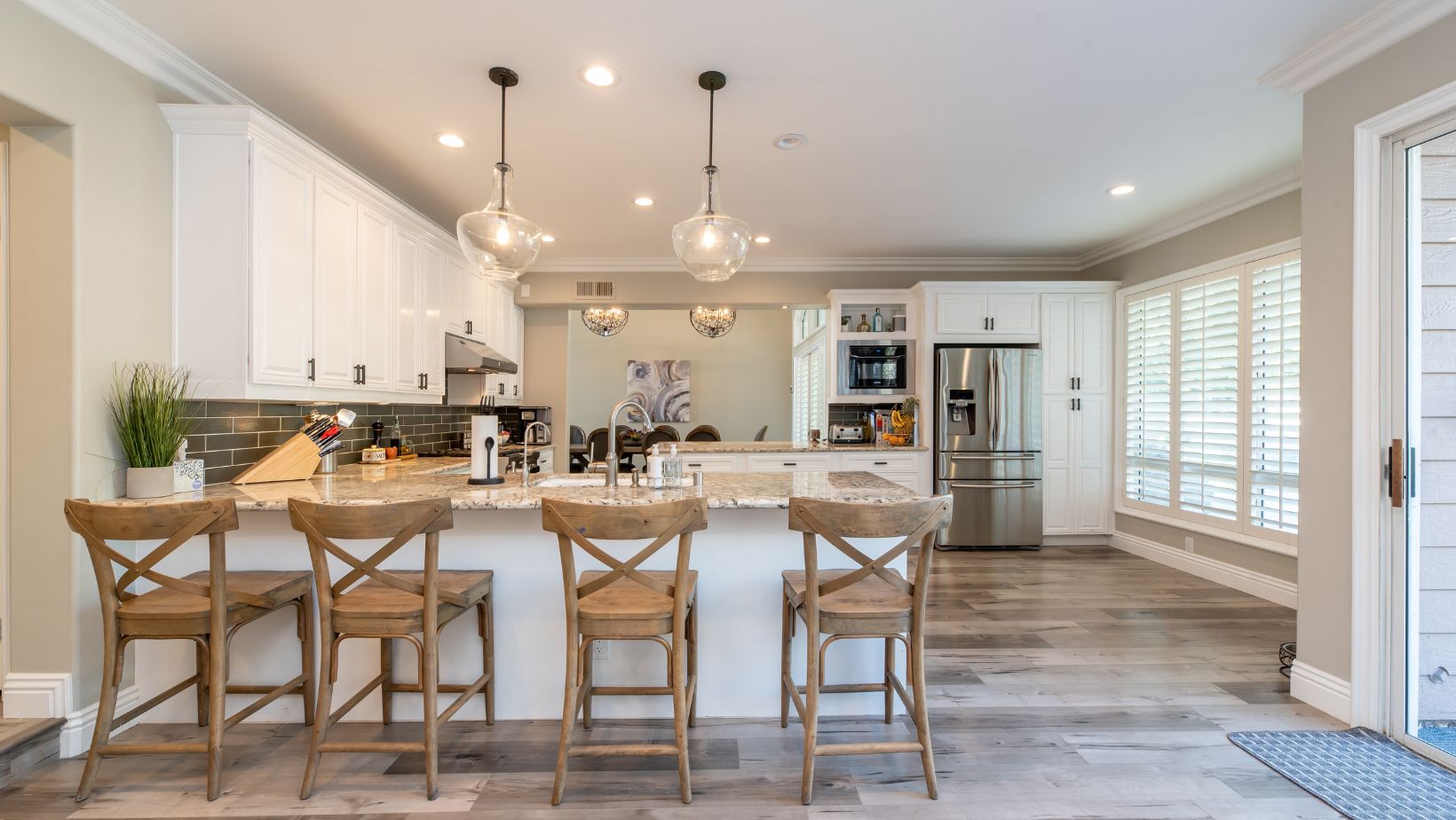The prospect of buying your first property can be both exhilarating and overwhelming.
In the vast realm of real estate, every decision holds weight, shaping not just your immediate future but also crafting the narrative of your life for years to come.
A home is more than just bricks and mortar; it is the canvas upon which memories are painted, where personal growth blossoms, and a sanctuary where one can retreat from the clamor of the outside world.
As first-time homebuyers, many find themselves at a crossroads, pondering over a multitude of options.
Should they opt for the modern allure of a condo, the balance of space and convenience offered by a townhouse, or the traditional spaciousness of a standalone house?
Each option comes with its unique blend of advantages and compromises, making the decision-making process intricate.
Beyond the structural choices, there are financial, safety, and maintenance aspects to consider.
How can one effectively budget for their first property? For growing families, how can the new space be modified to ensure the utmost safety for young children?
Moreover, once this dream property is acquired, how can one maintain and repair it to ensure its longevity and value appreciation?
While these questions might seem daunting, with the right guidance and a structured approach, navigating this maze can be a rewarding journey.
We will endeavor to be that guiding compass, assisting first-time homebuyers in making informed decisions ensuring that the transition from a property seeker to a proud homeowner is smooth, fulfilling, and devoid of regrets.
Table of Contents
ToggleSetting Foot On The Property Ladder
The excitement of buying your first home is unmatched. It’s a rite of passage, a milestone, and a significant financial investment all rolled into one.
But where do you start? What type of property should you be considering?
Do you envision yourself in a chic downtown condo, a spacious suburban townhouse, or perhaps a standalone house with a white picket fence?
Deciding on the right first property requires careful consideration and understanding of your current and future needs.
Choosing The Type Of First Property
For first-time buyers, determining the kind of home can be daunting.
Condos are typically lower maintenance, often come with amenities like gyms or pools, and are located in urban areas.
They are perfect for those who value a lock-up-and-go lifestyle. However, monthly association fees can be steep, and you might not have a garden or private outdoor space.
Townhouses provide a middle ground. They often come with a small yard and are larger than most condos.
Located in both urban and suburban settings, they offer more space and some privacy without the hefty price tag and upkeep of a detached house.
Detached houses are ideal for those who cherish space, both inside and outside.
While they come with more responsibilities in terms of maintenance and higher prices, they offer the most privacy and often a sense of community in neighborhoods.
Financial Considerations For First-Time Buyers
Before diving into property tours, get a grip on your finances.
Establish a budget. Factor in down payments, monthly mortgage amounts, property taxes, and potential homeowner association fees.

It’s also wise to get pre-approved for a mortgage to know your purchasing power and show sellers you’re serious.
Location, Location, Location
Beyond the type and cost of the property, location is paramount.
Proximity to work, family, entertainment hubs, schools (if planning a family), and future neighborhood development should all be taken into account.
Remember, a perfect home in a not-so-perfect location might not be a wise long-term decision.
Safety First: Baby-Proofing Your New Home
With a new home comes new responsibilities, especially if you’re planning to start or grow a family.
The house that once seemed perfect could become a maze of potential hazards for a toddler.
Baby-proofing isn’t just about corner protectors and child locks; it’s a holistic approach to ensuring your home is a safe haven for your little ones.
Identifying Potential Hazards
Every room in your home has unique challenges.
Kitchens have sharp objects and stoves. Bathrooms have slippery floors and medicines. Stairs, windows, heavy furniture, and even houseplants can pose risks.
Before starting the baby-proofing process, take a comprehensive tour of your home, noting all potential dangers.
Adapting And Adjusting For Safety
Once potential hazards are identified, the next step is mitigation. Secure heavy furniture to walls to prevent tipping.
Use window guards and keep cords out of reach to avoid strangulation hazards.
Install safety gates at the top and bottom of stairs, and use doorknob covers to keep toddlers out of rooms with potential dangers.
Keeping Chemicals And Medicines Out Of Reach
A common oversight is the accessibility of cleaning supplies and medicines.
Even with childproof caps, they should be stored high up or locked away. Consider dedicating a high cabinet for these items or investing in a lockable medicine box.
Ensuring Longevity: Maintenance And Repairs For Your Home
Your house is not just a place to live but an investment.
To ensure it continues to provide comfort, safety, and financial growth, regular maintenance and prompt repairs are crucial. Ignoring small issues today can lead to expensive repairs tomorrow.
Regular Home Inspections
Scheduling regular home inspections can help identify issues before they become significant problems.
Whether it’s a leaky roof, foundational issues, or a malfunctioning HVAC system, early detection can save time, stress, and money.
Repairing Your Home
Tackling repairs promptly ensures the longevity of your home.
Whether you’re a DIY enthusiast or prefer hiring professionals, address issues immediately.

For more significant concerns, like electrical or plumbing, always consult with a professional to ensure safety and quality.
Preparing For Unexpected Repairs
Have a dedicated emergency fund for home repairs.
This way, when unexpected issues arise, you won’t be financially strained. It’s a proactive approach that can help avoid unnecessary stress.
Final Thoughts
In conclusion, venturing into the world of homeownership is thrilling yet challenging.
From selecting the right type of property and its location to baby-proofing and maintenance, every decision impacts your comfort, safety, and investment.
Making informed, proactive choices ensures that your first home is truly your “Home Sweet Home.”





